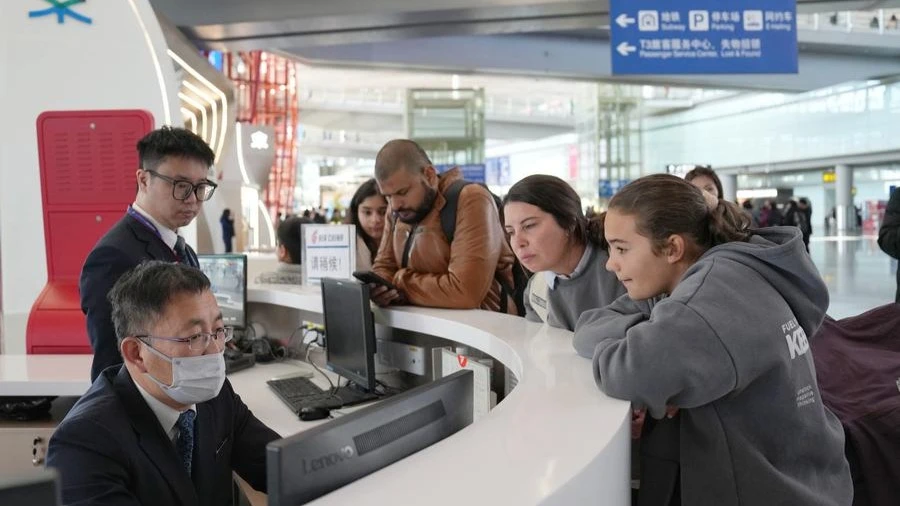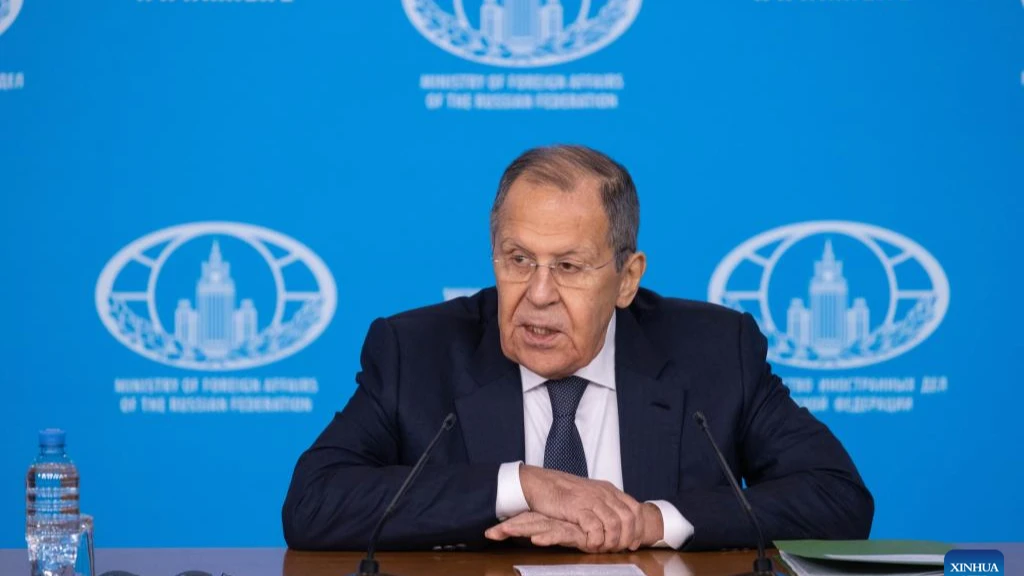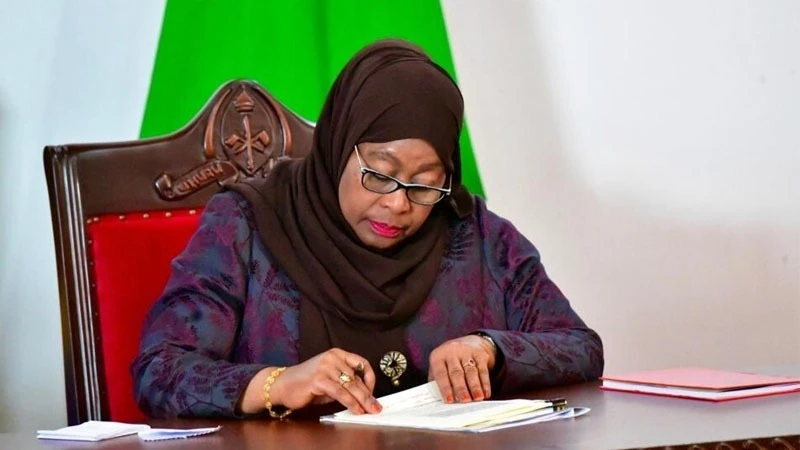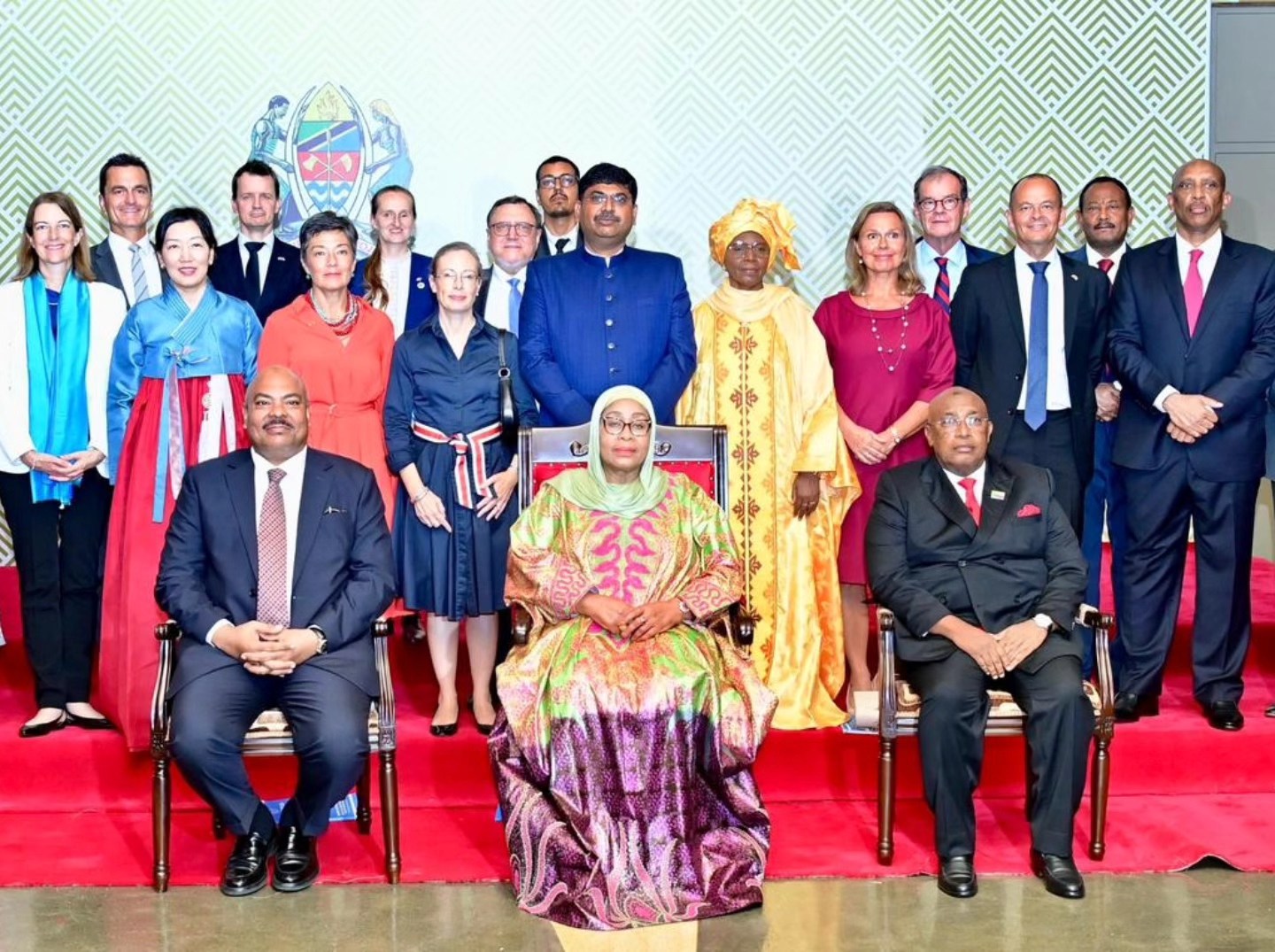Economists urge end of Tanzania, China trade barriers
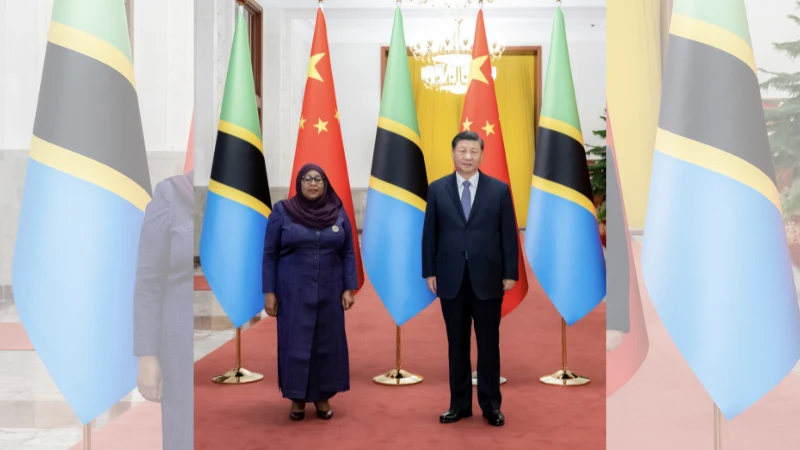
Tanzanian economists have called for the removal of trade barriers between China and Tanzania to promote a fair balance of trade.
Their suggestions came ahead of the Forum on China–Africa Cooperation (FOCAC), set to take place in Beijing from September 4th to 6th this year.
FOCAC serves as the main platform for China to provide resources to African countries, offering support through debt forgiveness, aid grants, concessional loans, and interest-free loans.
Dr. Nassib Mramba, a Senior Lecturer at the College of Business Education (CBE), emphasized the importance of bilateral trade agreements, including the adoption of the Chinese Yuan for trade transactions.
He noted that such agreements would facilitate smoother trade between the two nations, reducing barriers for both exports and imports.
Currently, the balance of trade is unequal, with China exporting significantly more to Tanzania than it imports from the country.
Dr. Mramba added that the upcoming forum presents a timely opportunity to address concerns about employment opportunities.
He pointed out that while Tanzania employs Chinese professionals in various sectors, China should also create opportunities for Tanzanian experts. Expanding access to the Chinese market, particularly in sectors like agriculture, could have a significant impact.
"Agriculture employs more than 75 percent of Tanzanians, yet the sector contributes only 25 percent to the country's economy. We need Chinese investment in agricultural modernization to ensure that the sector contributes more to our economy," Dr. Mramba said.
Prof. Humphrey Moshi, Director of the Centre for Chinese Studies at the University of Dar es Salaam, echoed the need for enhanced cooperation in industries, agriculture, and trade. He emphasized that these areas align with Tanzania's development plan. He also advocated for the use of the Chinese Yuan in bilateral trade instead of relying on the US dollar.
"We should utilize this forum to strengthen our negotiation capabilities and set strategic goals," Prof. Moshi stated.
He suggested that the Tanzanian government could invite Chinese investment in solar energy, as China is currently leading the world in both wind and solar energy development, with twice as much capacity under construction as the rest of the world combined.
Dr. Donald Mmari, Director of Research on Poverty Alleviation (REPOA), highlighted that Tanzania's focus on economic diplomacy would likely continue to play a central role in the forum.
He emphasized the importance of prioritizing trade and investments that align with the country's development goals, including technology transfer, private sector growth and job creation.
Currently, trade between Tanzania and China has reached US$8.31 billion, 3.5 times higher than a decade ago, which indicates strong economic ties between the two countries.
Tanzania's exports to China have generally focused on natural resources including agricultural products, minerals, seafood as well as timber and wood products.
Despite these exports, the trade balance between Tanzania and China remains skewed in favor of China, with Tanzania importing significantly more from China than it exports.
Top Headlines
© 2025 IPPMEDIA.COM. ALL RIGHTS RESERVED











